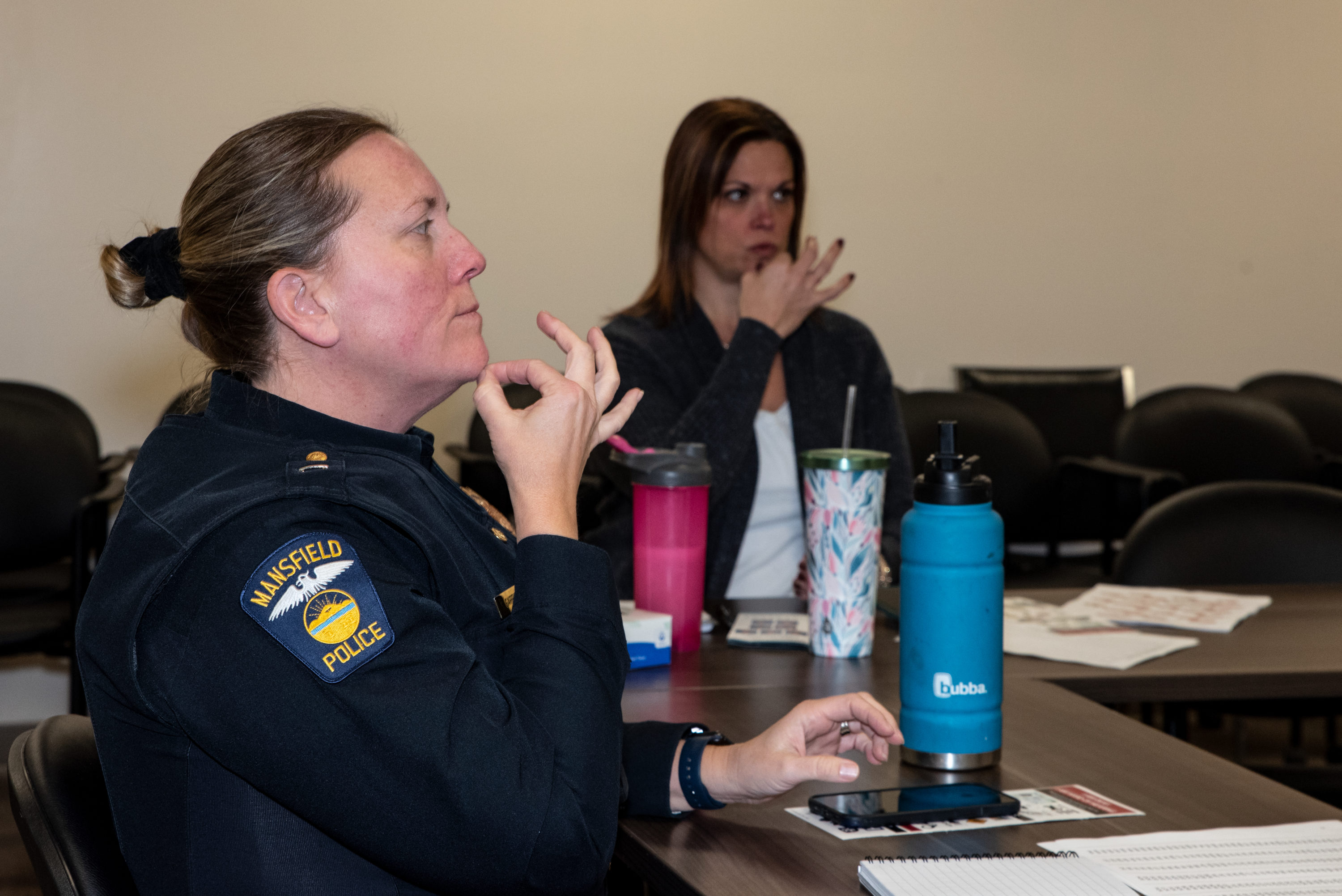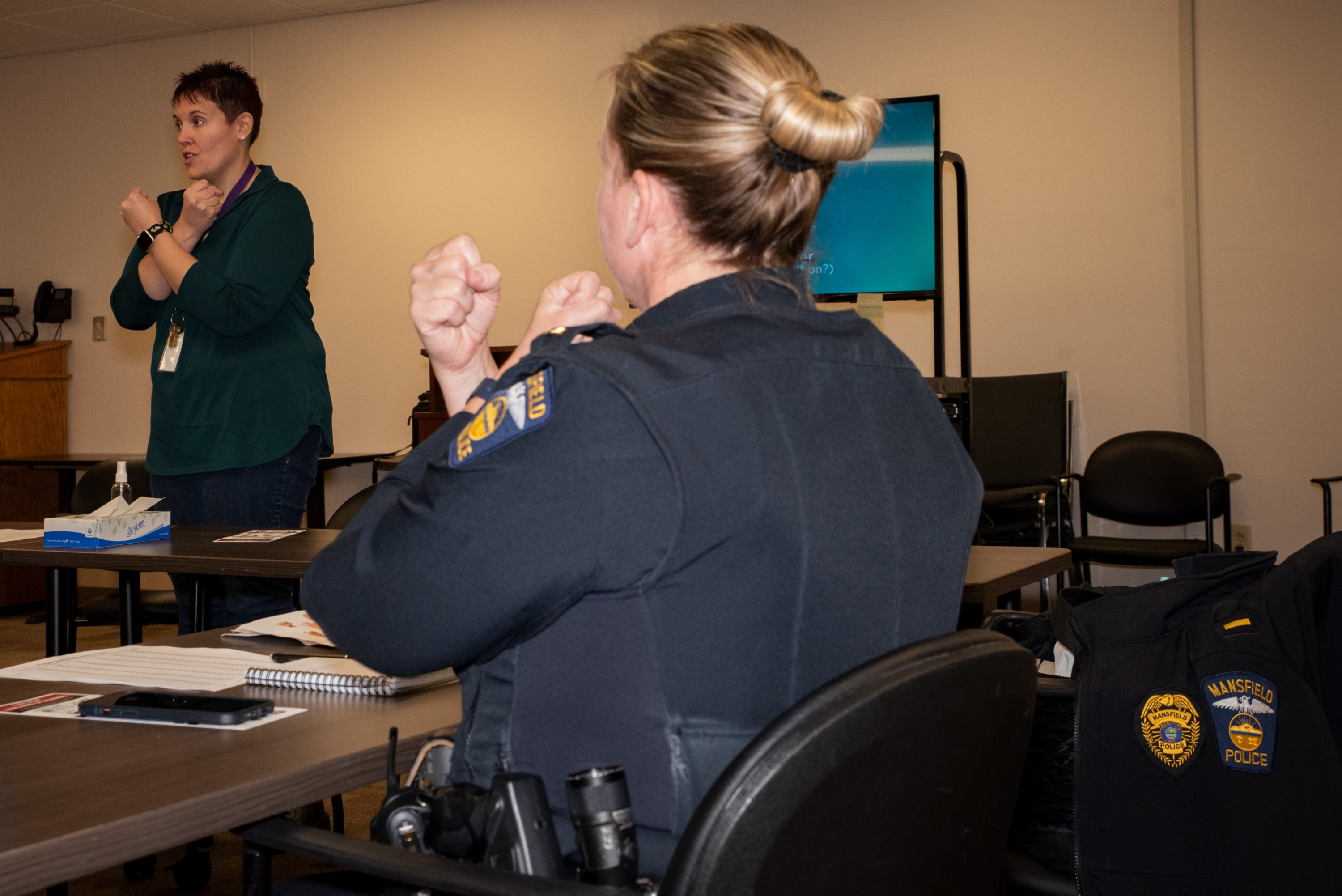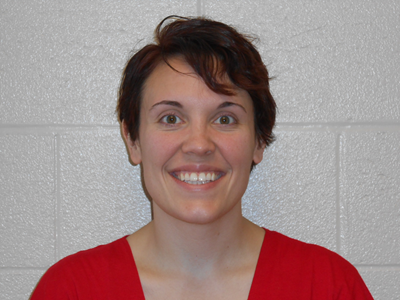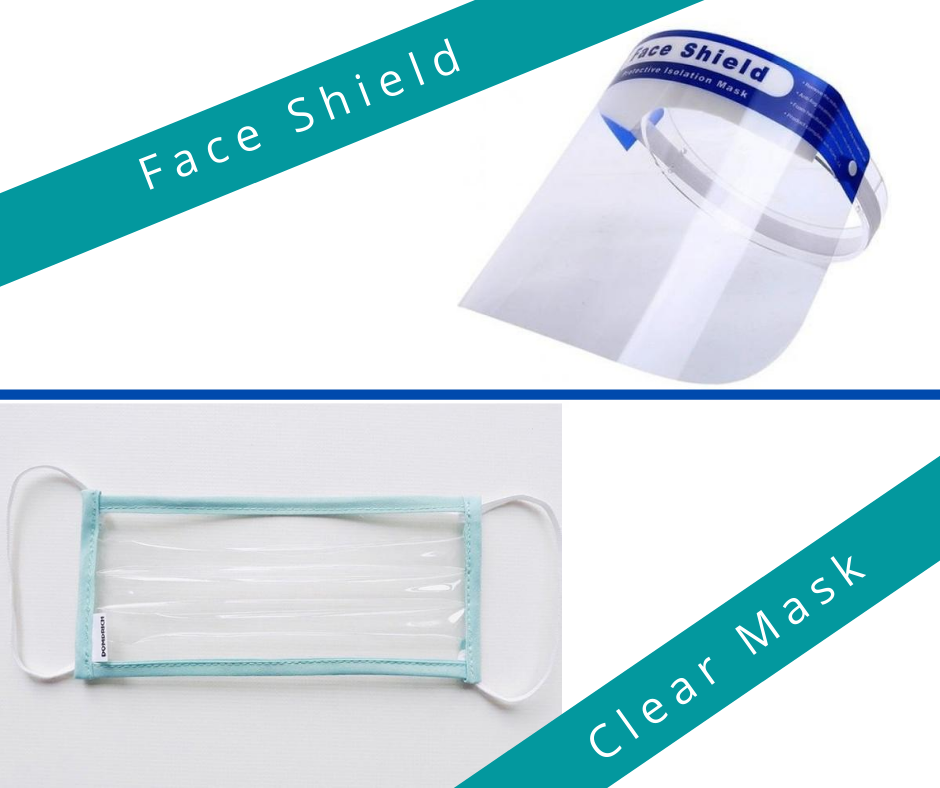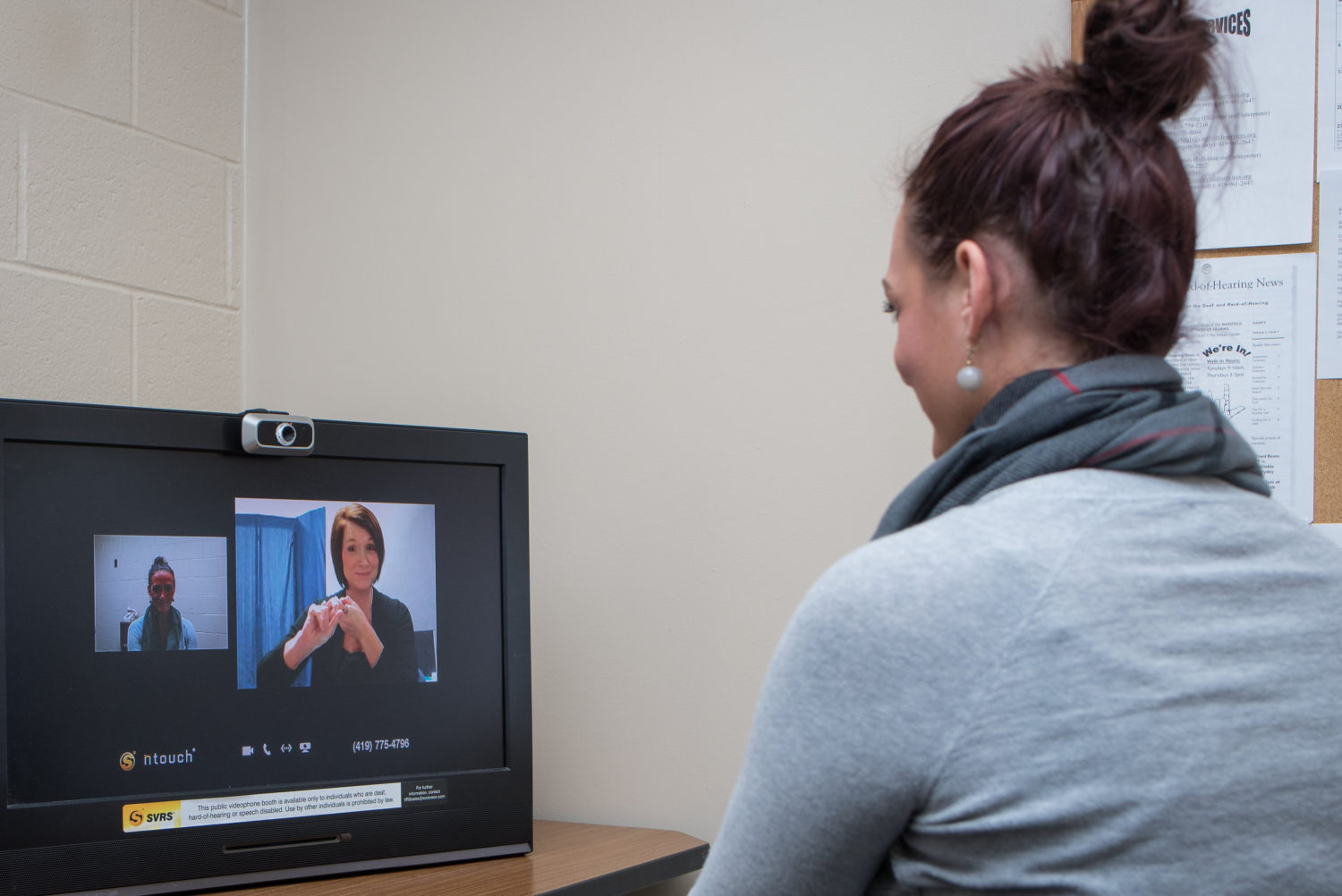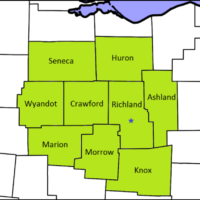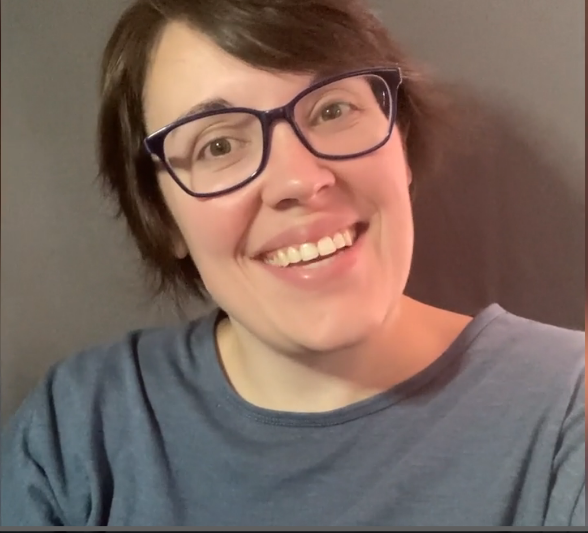Lt. Robert Skropits from the Mansfield City Policy Department contacted us about teaching an American Sign Language class to a group of their officers from different shifts and departments. The goal of the class was to teach basic American Sign Language so that officers could communicate with Deaf and Hard-of-Hearing individuals in the community until an interpreter was able to arrive on the scene. The class began on October 27th and was a 20-hour class over five weeks. We had 7 officers complete the course.
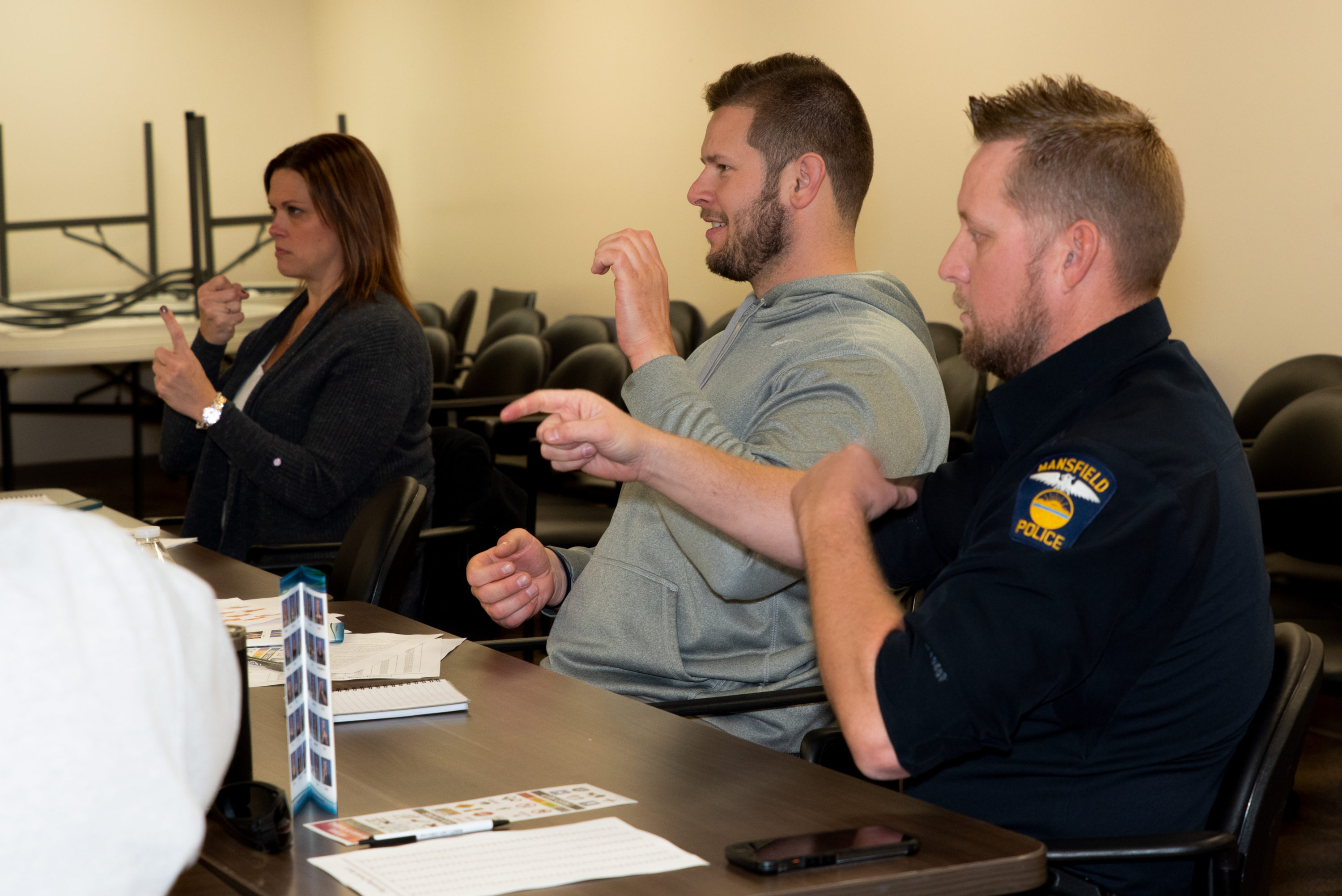
The officers learned how to:
- describe people
- describe houses
- ask if someone is injured
- talk about food
- talk about the weather
- ask basic questions
- talk about places in the community
- talk about people
- talk about feelings
- the alphabet
- numbers
- Miranda Warning
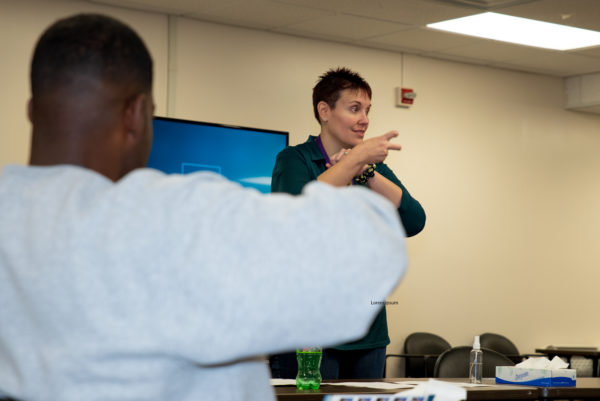
“This training is important to our community because access to information when it comes to interactions with law enforcement is vital to reducing wrongful arrests and maintaining the safety of all involved.” said, Tanya Haga, M.Ed., MBA, NIC, Director of Deaf Services at Catalyst Life Services.
Community and family American Sign Language classes are available at Catalyst Life Services. For more information or to add yourself to the waiting/mailing list contact Catalyst Deaf Services at (419) 774-2232.
